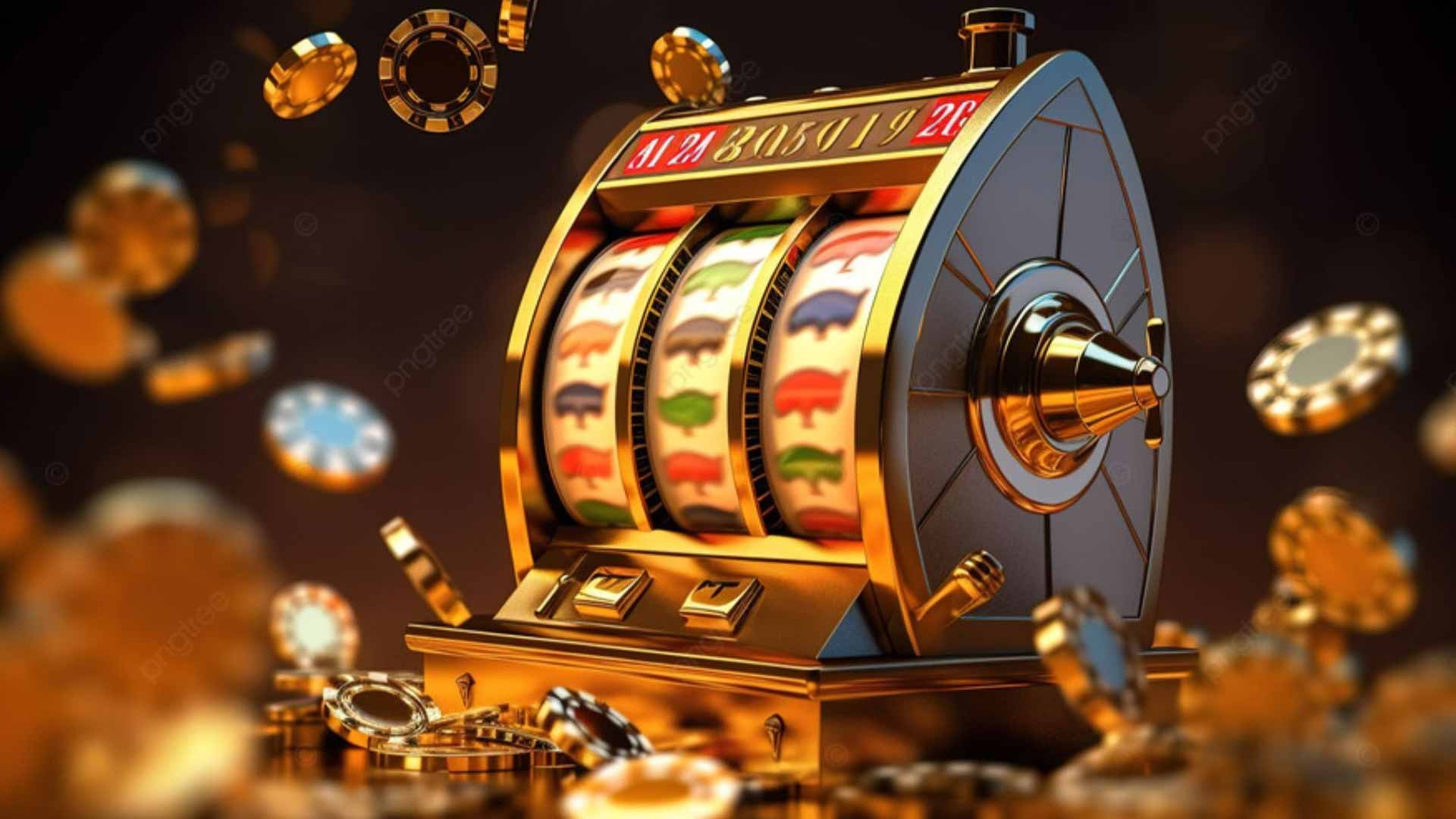How Casinos Turn Chance into Profit
How Casinos Turn Chance into Profit
The glittering lights, the intoxicating sounds of slot machines, and the palpable tension at the card tables—casinos are masterful architects of an environment where fortunes can be won and lost in an instant. To the average visitor, it's a world of pure chance, a thrilling dance with Lady Luck. But behind the glamorous facade lies a meticulously crafted business model built not on luck, but on the cold, hard certainty of mathematics. Casinos don't gamble; they operate a business with a guaranteed profit margin, and they do it by turning the laws of probability in their favor.
The cornerstone of any casino's profitability is a concept known as the "house edge" or "house advantage." This is a built-in mathematical advantage that the casino has in every single game offered on its floor. It represents the average percentage of a player's bet that the casino expects to keep over the long term. It’s a small, often subtle, but relentlessly effective tool. Let's take the classic example of American Roulette. The wheel has 38 pockets: numbers 1 through 36, a 0, and a 00. If you place a bet on a single number and win, the payout is 35 to 1. However, the true odds are 37 to 1. Those two extra pockets, the 0 and 00, are what create the house edge. For every $38 bet in a "fair" game, the winner would get their dollar back plus $37. In a casino, they get their dollar back plus $35. That $2 difference goes to the house. This results in a house edge of approximately 5.26%, meaning for every million dollars wagered at the roulette tables, the casino can statistically expect to profit around $52,600.
This mathematical advantage is supercharged by the "Law of Large Numbers." This statistical principle states that as the number of trials increases, the actual results will converge on the expected probability. A single player might get lucky and win big in the short term—that's called variance, and it's essential for keeping the games exciting. However, the casino isn't dealing with one player or one spin. It's dealing with millions of spins, hands, and rolls of the dice every single day. Over this massive volume of bets, the short-term luck of individual players is smoothed out, and the casino's results will inevitably trend towards their pre-calculated house edge. The casino doesn't need to win every bet; it just needs you to keep playing.
Game design itself is a critical component. Slot machines, the primary revenue generators for most casinos, are a perfect illustration of this. Each machine is programmed with a "Return to Player" (RTP) percentage. An RTP of 94% means that, over the machine's entire lifespan, it is designed to pay back 94% of all money wagered on it. The remaining 6% is the casino's profit. While one player might hit a massive jackpot, thousands of others will have lost their money to fund that payout and the casino's take. The odds are precisely calculated, ensuring long-term profitability for the house. The same principle applies to all games, from Blackjack, which has a very low house edge for players using perfect strategy, to Keno, which often has one of the highest.
Beyond pure math, casinos are masters of psychology. The entire environment is engineered to keep players engaged and wagering. There are no clocks or windows on the gaming floor, creating a timeless space where hours can melt away. The layout is often a confusing maze, designed to expose you to more gaming options as you try to find an exit. Complimentary items, or "comps"—like free drinks, meals, and hotel stays—are not acts of generosity. They are a calculated business expense designed to reward and retain players, especially high rollers. The longer you stay and play, the more the Law of Large Numbers works in the casino's favor. Many platforms offer these loyalty benefits, and a simple m88 casino login register mobile can open the door to such programs, designed to enhance player engagement and extend playtime.
In conclusion, a casino's success is an impressive feat of business engineering, not a lucky streak. By combining the guaranteed mathematical advantage of the house edge, the statistical certainty of the Law of Large Numbers, strategic game design, and powerful psychological tactics, they have transformed the unpredictable nature of chance into a predictable and highly lucrative revenue stream. They sell the thrill of risk while assuming almost none of it themselves.
tag: M88,



